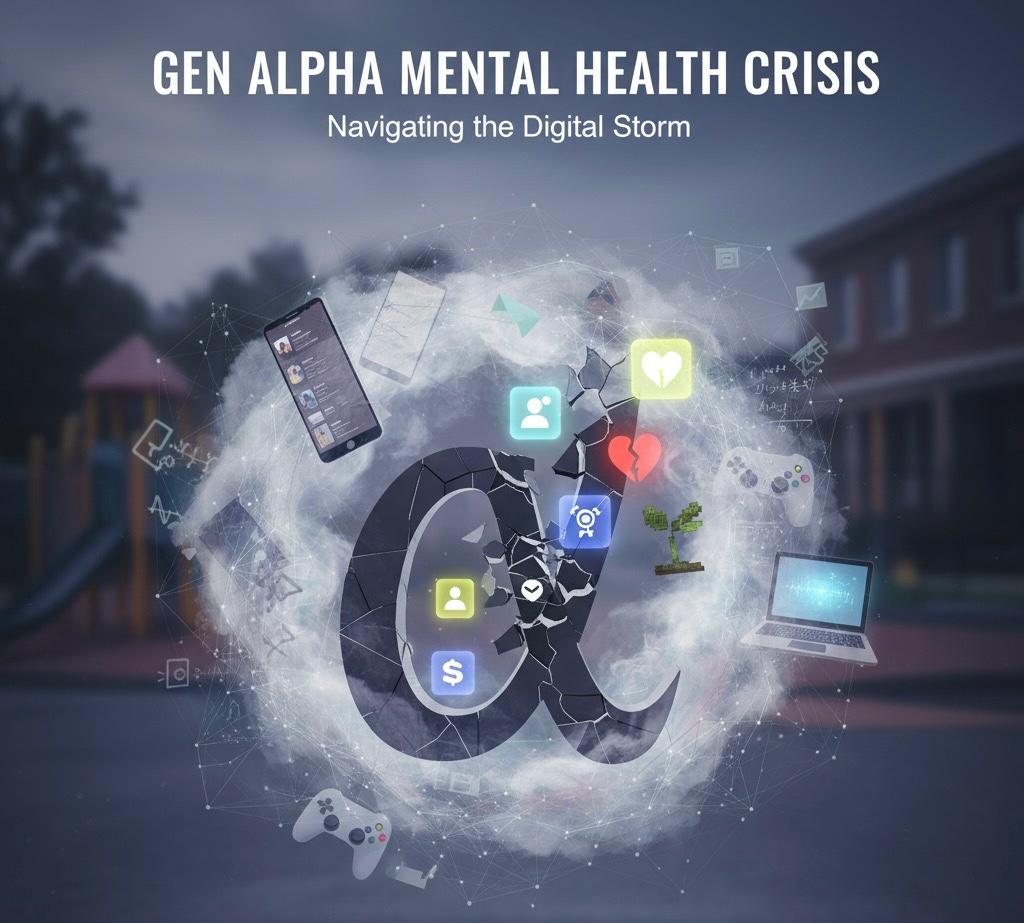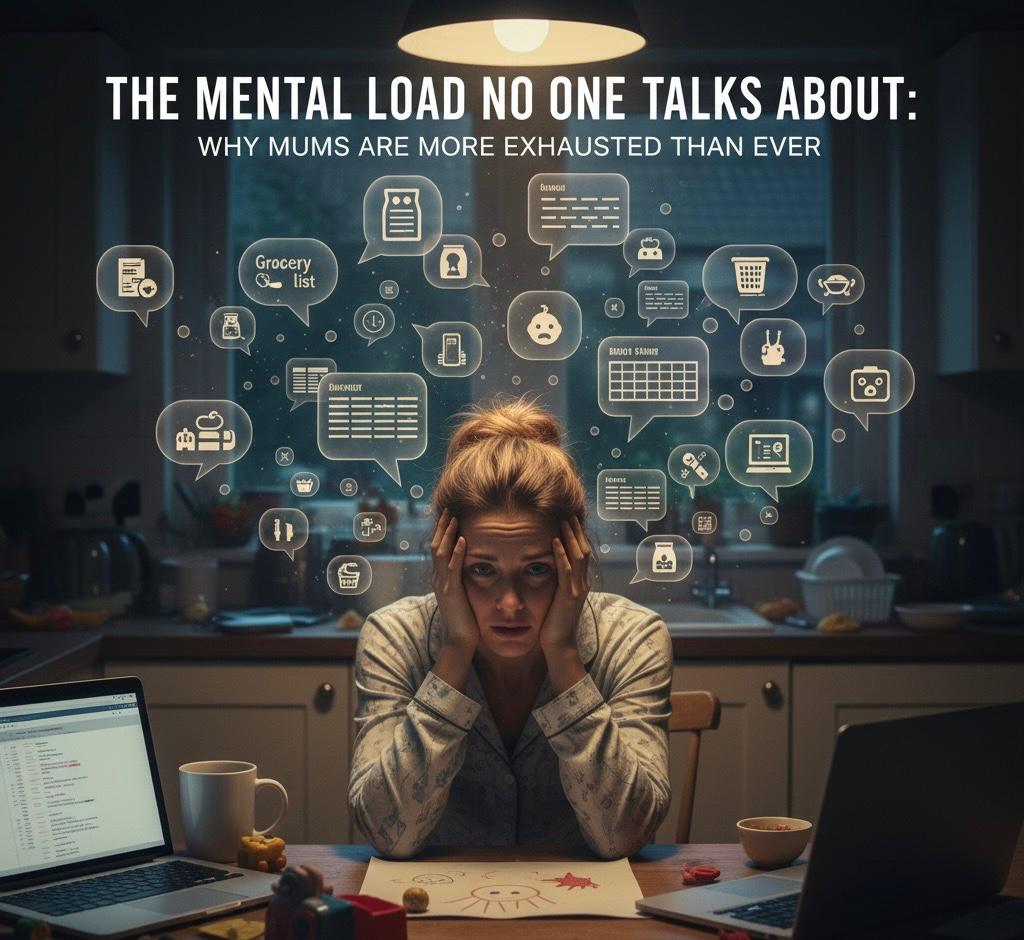In a world where consumer culture is pervasive, the pursuit of material possessions has become a prominent goal for many individuals. Materialism, defined as the value placed on the acquisition and possession of material goods, has been a subject of interest concerning its impact on mental health. This article examines the relationship between materialism and mental health, drawing on scientific research to understand how materialistic values may influence psychological well-being.
The Psychological Impact of Materialism
Materialism has been linked to a range of negative mental health outcomes. Kasser and Ryan (1993) in the Journal of Personality and Social Psychology found that individuals with materialistic values tend to report lower levels of well-being and higher levels of distress compared to those who value intrinsic goals such as personal growth, relationships, and community. The study suggests that materialism can detract from fulfilling psychological needs, leading to decreased happiness and increased anxiety and depression.
In a culture increasingly focused on consumerism, the constant comparison facilitated by social media can exacerbate feelings of inadequacy and dissatisfaction. Chou and Edge (2012) in Cyberpsychology, Behavior, and Social Networking highlighted how social media platforms, where individuals often showcase their possessions and achievements, can lead to upward social comparisons, further entrenching materialistic values and negatively impacting mental health.
Materialism, Consumer Debt, and Stress
The pursuit of material possessions often leads to consumer debt, adding a financial dimension to the psychological impacts of materialism. Dittmar (2008) in Journal of Economic Psychology discussed how compulsive buying, driven by materialistic values, is associated with financial problems, which in turn contribute to stress, anxiety, and depression. The burden of debt and the stress associated with financial insecurity can have profound effects on mental health, suggesting a vicious cycle between materialism, debt, and psychological well-being.
Counteracting Materialism for Mental Health
Given the potential negative impacts of materialism on mental health, researchers have explored ways to mitigate these effects. Promoting intrinsic values, such as personal growth, relationships, and community involvement, has been suggested as a strategy to counteract the detrimental effects of materialism. Kasser (2016) in the American Psychologist emphasized the importance of fostering intrinsic goals to enhance well-being and reduce the allure of materialism.
Mindfulness and gratitude practices have also been identified as effective in reducing materialistic values and improving mental health. Lambert, Fincham, Stillman, Dean, and Hicks (2009) in the Journal of Happiness Studies found that practicing gratitude led to reductions in materialism and improvements in psychological well-being. These practices encourage individuals to appreciate what they have, shifting focus away from constant acquisition and comparison.
Conclusion
The relationship between materialism and mental health is complex, with evidence suggesting that materialistic values can lead to decreased psychological well-being and increased stress and anxiety. By understanding the impacts of materialism and adopting strategies to promote intrinsic values and gratitude, individuals can navigate towards healthier mental health outcomes. As society continues to grapple with the influences of consumer culture, fostering awareness and balance in values may be key to enhancing overall well-being.
References
- Kasser, T., & Ryan, R. M. (1993). A dark side of the American dream: Correlates of financial success as a central life aspiration. Journal of Personality and Social Psychology.
- Chou, H. T. G., & Edge, N. (2012). They are happier and having better lives than I am: The impact of using Facebook on perceptions of others’ lives. Cyberpsychology, Behavior, and Social Networking.
- Dittmar, H. (2008). Consumer culture, identity, and well-being: The search for the ‘good life’ and the ‘body perfect’. Journal of Economic Psychology.
- Kasser, T. (2016). Materialistic values and goals. American Psychologist.
- Lambert, N. M., Fincham, F. D., Stillman, T. F., Dean, L. R., & Hicks, J. A. (2009). Gratitude and depressive symptoms: The role of positive reframing and positive emotion. Journal of Happiness Studies.
How to get in touch
If you or your patient/NDIS clients need immediate mental healthcare assistance, feel free to get in contact with us on 1800 NEAR ME – admin@therapynearme.com.au.







